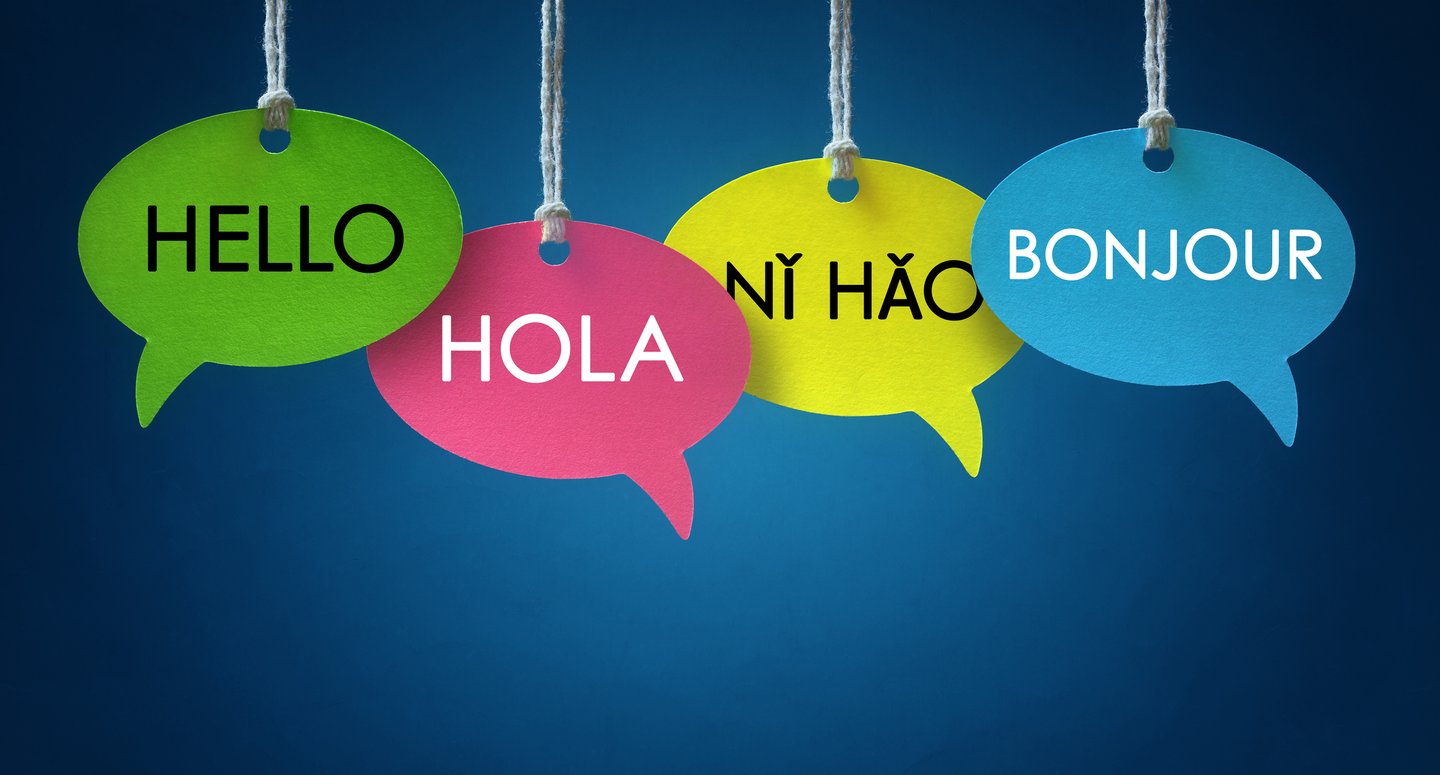How Translation Devices Can Provide a Smooth Customer Experience for Hotels
We live in a global age where we rely on digital tools to help us navigate, and it’s now more evident than ever. International trade is booming, with more than 41 million American jobs depending on it. And while it might seem like the norm to interact with people from different backgrounds, we often find ourselves miscommunicating with our counterparts due to language barriers. Cultural understanding in a foreign market, for pleasure or business, takes a fair amount of time and research, which is why instant translation devices are not only beneficial, they can help preserve jobs and keep companies relevant.
In the hospitality industry, it’s no secret that smooth communication is a vital part of customer service. High-end, luxury experience hotels not only attract more world traveler guests, they also welcome guests with higher expectations. In tourism-heavy cities that are gaining more and more inbound foreign customers every year, translation devices can go a long way to improve the customer experience. In fact, being able to engage with guests that do not speak the country’s native tongue is a huge competitive advantage in customer service. While many tour groups come with their own translation staff, individual guests often require further and more nuanced translation assistance from hotel workers. While some hotels do have bilingual staff, it is not always possible for them to be available 24/7.
Expecting your staff to learn an entirely new foreign language isn’t an efficient business practice, and getting by with gestures is not going to cut it in 2019. Translation devices can help improve the customer experience when it comes to checking in and out of hotels, ordering meals for room service or in the restaurant, and purchasing goods from the souvenir shop. This can also provide staff the tools for effective, confident communication without showing any signs of anxiety when servicing guests, which is critical in the hotel industry.
Preparing a list of commonly used phrases can also be helpful when translating different languages. Norms such as, “how may I help you?” or “this is a no smoking facility” are key phrases that can save awkward situations for guests and hotel staff alike. A translation device can aid the hotel concierge in practicing pronunciations of frequently used jargon.
Hotels in this digital age are embracing technology more and more. In addition to making day-to-day operations run more efficiently, tech-friendly hotels have an edge when appealing to millennial and other tech-savvy travelers. Technology can help professionals ensure a personalized and seamless experience for both guests and employees through initiatives like interactive information kiosks, virtual concierge apps, smart home tech, and more. The amount of hospitality technology out there can be overwhelming, but a customer experience-focused approach through language translation devices is an obtainable start.
In the rare event of an emergency, translation devices can be critical towards making sure guests are aware of any danger and how to stay safe. Whether this be a fire alarm going off or some other form of mandatory evacuation, translation devices can help reduce the panic in a scary situation. Clear communication in a crisis is the most important thing and the only way to communicate to a hotel filled with foreigners is to make sure your staff is properly equipped with the right tools.
No matter the industry, utilizing a language translation device can be key to increasing revenue for your business. After all, a consumer who feels at home at your business is more likely to become a repeat customer, and if a guest remembers struggling through a language barrier, they may not want to stay in your hotel in the future. Keeping customers comfortable is the key to running a successful hotel, and the first step towards making them feel comfortable is literally being able to understand their needs.
- About the Author
Johji Kuroda is the Director of Business Development at SOURCENEXT, Japan’s publicly traded, market-leading software publisher and distributor.

